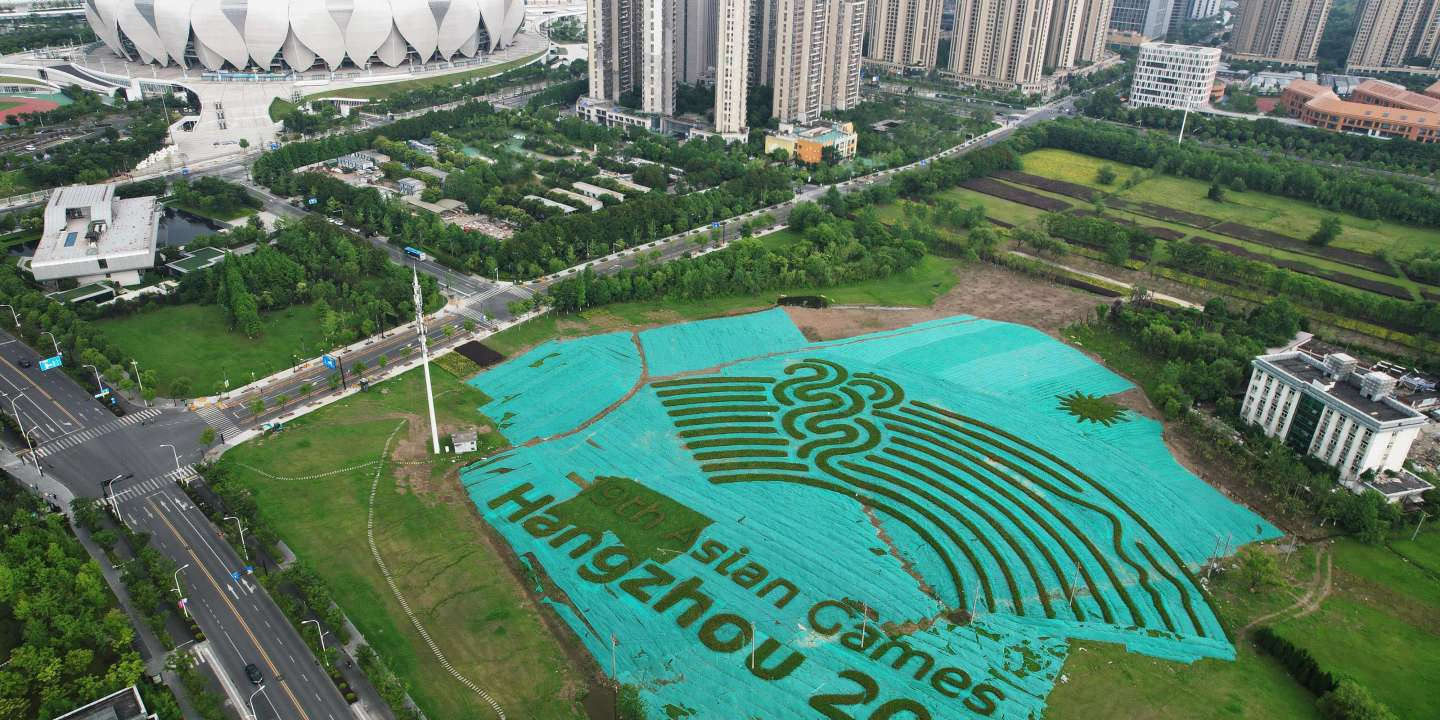
China will host the 2022 Asian Games in autumn 2023, organisers said on Tuesday, after postponing the event in Hangzhou because of Covid-19.
The Games were originally scheduled for September this year, but organisers postponed them in May as China tried to stamp out a large Covid resurgence in several parts of the country.
The event will now be held in Hangzhou from September 23 to October 8 2023, the Olympic Council of Asia (OCA) said.
Hangzhou lies less than 200 kilometres (120 miles) from the country's biggest city Shanghai, which endured a months-long lockdown earlier this year as part of the ruling Communist Party's zero-tolerance approach to the virus.
The OCA said on Tuesday that the new dates were chosen to avoid "conflict with other major international sporting events".
The Hangzhou organising committee vowed to "present a wonderful and marvellous sports and cultural event with Chinese characteristics", in a statement confirming the new dates.
China is the last major economy committed to stamping out domestic spread of the virus through harsh lockdowns, mass testing and strict controls on international travel.
But that has hurt the country's international sporting ambitions, with the world's most populous nation cancelling or postponing almost all events since the start of the pandemic, with the exception of this year's Winter Olympics in Beijing.
The World University Games, scheduled to begin in June in Chengdu and already delayed from last year, have also been postponed again, until 2023.
The Asian Games typically attract over 10,000 athletes from across the region.
Organisers said in April that Hangzhou, a city of 12 million in eastern China, had finished constructing 56 competition venues for the Asian Games and Asian Para Games.
Hangzhou will be the third city in China to host the continental competition after Beijing in 1990 and Guangzhou in 2010.
Some events are also expected to be held in other provincial cities including Ningbo, Wenzhou, Huzhou, Shaoxing and Jinhua.
Almost all international sport has ground to a halt in China since Covid emerged in the Chinese city of Wuhan in late 2019.
The Beijing Olympics was an exception but was held in a "closed loop" with everyone inside it – including athletes, staff, volunteers and media – taking daily Covid tests and not allowed to venture into the wider city or have contact with the public.
The Chinese government has touted the zero-Covid strategy as proof that it values human life above material concerns and can avert the public health crises seen in many Western countries.
Covid restrictions around the country eased slightly this summer as case numbers from the earlier Omicron-driven outbreak dwindled.
But a rising wave of fresh infections this month have led to new restrictions in parts of the country, with millions of people receiving orders to stay home over the weekend





1731071675-0/Express-Tribune-Web-(29)1731071675-0-270x192.webp)
1725254039-0/Untitled-design-(24)1725254039-0-270x192.webp)
1731068219-0/Express-Tribune--(9)1731068219-0-270x192.webp)













COMMENTS
Comments are moderated and generally will be posted if they are on-topic and not abusive.
For more information, please see our Comments FAQ